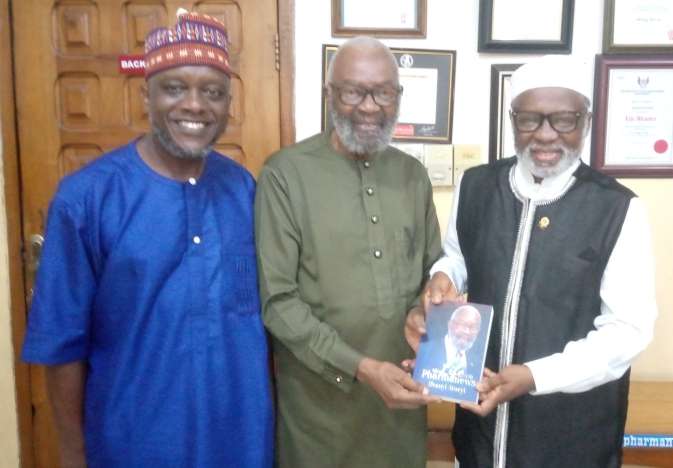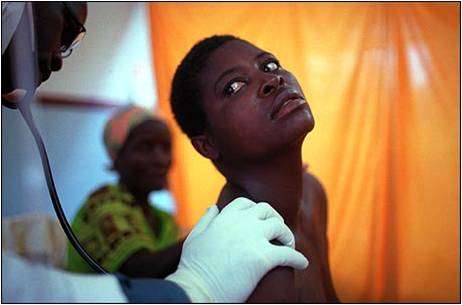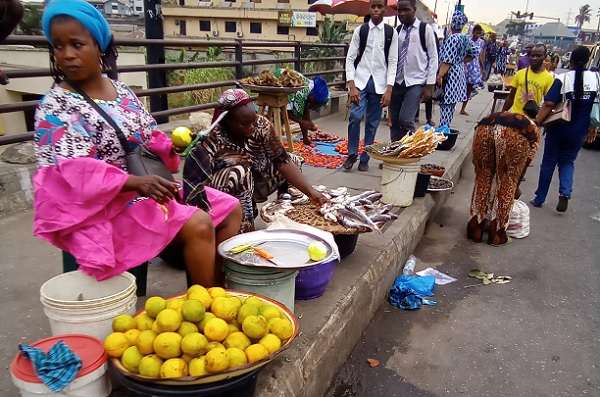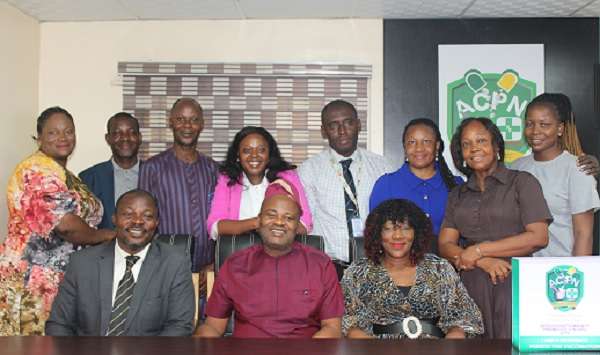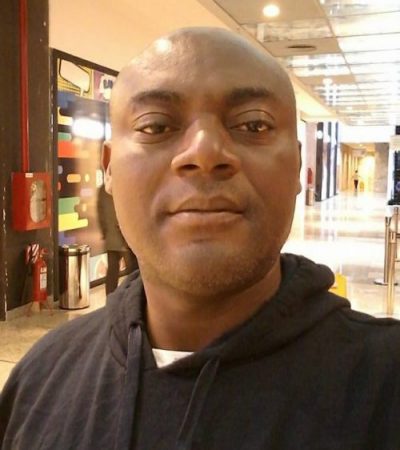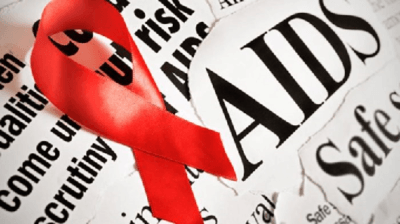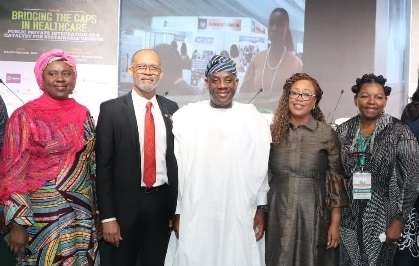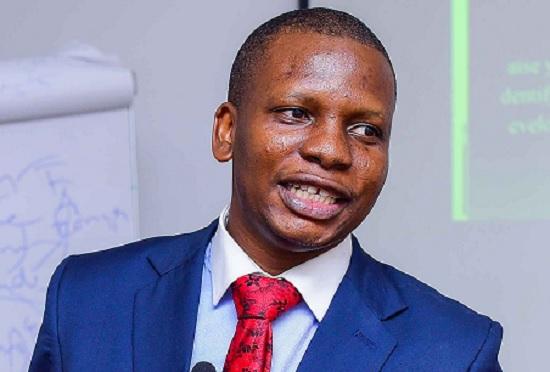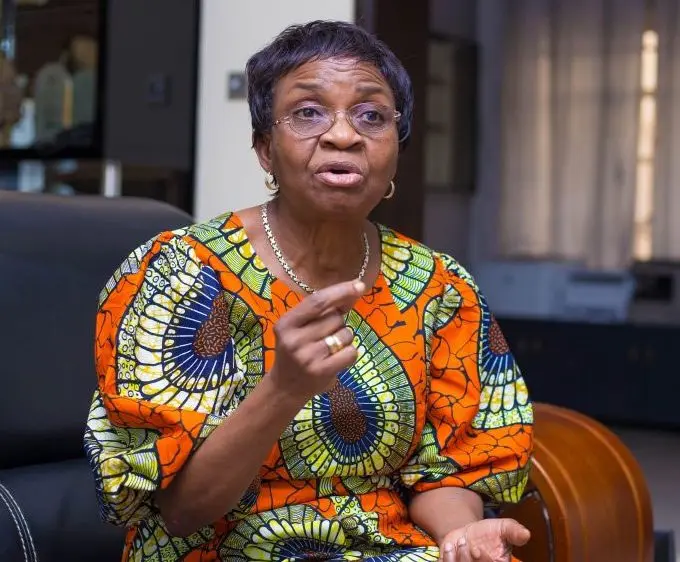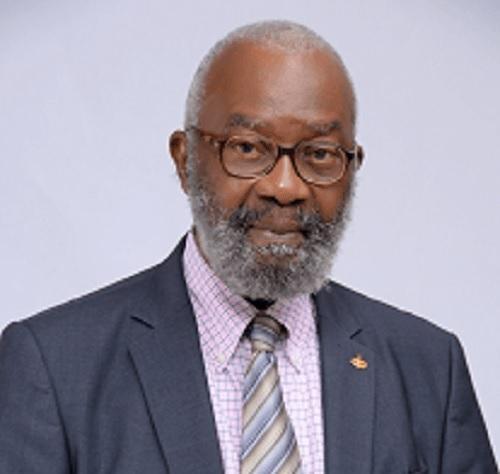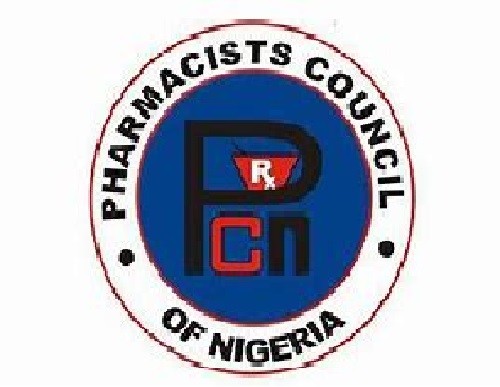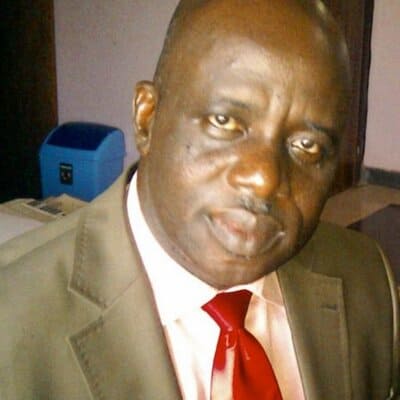
Pharm. (Chief) Olubunmi Olaopa is an accomplished pharmacist and first African managing director of Glaxo Wellcome Nigeria Limited. He is an astute business administrator and Fellow of many professional bodies, including the Pharmaceutical Society of Nigeria (PSN). In this exclusive interview with Moses Dike, Olaopa speaks about his childhood, education and illustrious career. He also offers valuable advice to the younger generation on how to have a successful career and life, in general. Excerpts:
It is our pleasure to welcome you to our Senior Citizens column. Kindly tell us about yourself, your early childhood experiences, education and the events that have helped to shape your adult personality.
I was born in Ibadan, Oyo State, on 17 January 1954, to Pa Josiah Oluyinka Olaopa, a civil servant with the Federal Ministry of Agriculture, and Mrs Eunice Ebunoluwa Olaopa, a teacher – both of blessed memories. At the age of five years, I started accompanying my mother to school. Being an underage, I could not be officially enrolled in Primary One, but I joined the class anyway. At the end of the academic year, I came top of the class. The headmaster insisted I got promoted to primary two. This was the beginning of my always being the youngest in my class, through my primary and secondary school years, and one of the youngest to graduate in the Great Ife Pharmacy class of 1975.
I attended Ansarudeen Primary School, Ifaki-Ekiti, and Salvation Army Primary School, Ikorodu, from 1959 to 1964. Thereafter, I attended Lagelu Grammar School, Ibadan, from where I obtained my West African School Certificate in 1969.I gained admission to the then University of Ife (now Obafemi Awolowo University) in 1971 and graduated with a Bachelor of Pharmacy (B.Pharm, Hons), in June 1975.
In the course of my illustrious career in the pharma industry, I attended several senior executive development programmes and courses in Nigeria and overseas, including the Advanced Management Programme of the Lagos Business School and the Senior Executive Programme of Duke University, North Carolina, USA.
I lived my early life in an agricultural institute, my father being a senior agricultural superintendent. By extension, after my School Certificate exams, I spent a year at the School of Agriculture, Akure, before gaining admission to the University of Ife. My exposure was so limited that my choice of courses in order of priority was Agriculture, Pharmacy and Medicine.
I was offered my first choice, Agriculture. However, by the end of the first session, my horizon had broadened, and I no longer wanted to be a farmer. Fortunately, I had a good result and was allowed to change my course to Pharmacy. That marked a significant change in my future career in life.
Hearty congratulations on your 70th birthday, which you marked recently. How has this new age affected your priorities and how are you adjusting to the realities of old age?
Age, I believe, is only a number. My adjustment to life after my 70th birthday, can at best, be speculative because this happened only a few weeks ago. My routine has really not changed. However I expect slowing down in certain areas like any vigorous exercise – playing squash rackets for example. I can also take the liberty of being more flexible in resumption at work and closing hours.
I look forward to taking more holidays and spending quality time with my children and grandchildren. Travelling is one of my hobbies and I hope to add more to the over 40 countries I have visited. As I advance in life, I also expect to allocate more time to my spiritual development and church activities.
What inspired you to study Pharmacy and how would you describe your career in the Nigerian pharmaceutical industry?
Honestly, I cannot put my finger on it. I think I was just destined to be a pharmacist. As I mentioned earlier, my first choice for university admission was Agriculture. Pharmacy was second and Medicine was third. This was lopsided, indicating my low level of exposure and career guidance. I must emphasise that I have no regrets about my eventual choice of becoming a pharmacist.
Upon graduation as a pharmacist, I did my internship at the Federal Manufacturing Laboratory, Yaba, Lagos, from 1975 to 1976 and my National Youth Service at the Military Hospital, Benin-City from July 1976 to June 1977.
I started a career in the pharmaceutical industry, joining Glaxo Nigeria Ltd as a medical representative in July 1977. I occupied several key positions in Nigeria and in the United Kingdom, on my way to becoming the first African managing director of Glaxo Wellcome Nigeria Limited, in January 1996. In January 2001, I was appointed managing director, GlaxoSmithKline Pharma Nigeria & Anglophone West Africa. I retired from the company in January 2004, after 27 years of meritorious service.
I was the pioneer managing director of Cipla-Evans Limited, a Joint Venture company between Evans Medical Plc and Cipla Pty Limited, a leading Indian pharmaceutical company, specialising on HIV/AIDS drugs. I was appointed the group managing director of Evans Medical Plc, one of the oldest pharmaceutical companies in Nigeria quoted on the Nigerian Stock Exchange, in April 2010 and retired in October 2017, after about 40 years of meritorious service in the pharmaceutical industry.
I served the Pharmaceutical Society of Nigeria (PSN) in various capacities. I was secretary, PSN-Lagos, from 1978 to 1981 and a member of National Council of the Society for the same period. I was member of the Lagos State Drug Abuse committee.
I am a multiple Merit Award Winner of the PSN, from Lagos, Oyo and Enugu states. I was also honoured by the National Association of Industrial Pharmacists, as well as receiving the Distinguished Alumnus Award of the Obafemi Awolowo University Alumni Association. I also received the Ibadan Distinguished Fellow Award for contribution to the development of Ibadanland. I was honoured with the chieftancy title of Abese Parakoyi of Ibadanland, in April 2013 for my contributions to business development in Nigeria and the West African sub-region.
I am a Fellow of the PSN, the West African Postgraduate College of Pharmacists (WAPCP), and the Nigeria Academy of Pharmacy (NAPharm). I am a member of the Advisory Board of the United States Pharmacopodia on Regulatory of Drug quality in Sub-Saharan Africa. I am also a member of the Presidential Committee on Pharmaceutical Reforms.
In terms of positions held, I was chairman, Pharmaceutical Manufacturers Group of Manufacturers Association of Nigeria (PMGMAN), president, West African Pharmaceutical Manufacturers (WAPMA); secretary, Federation of African Pharmaceutical Manufacturers (FAPMA); council member, National Agency For Drug and Food Administration and Control (NAFDAC, 2010-2012); council member, Nigeria Institute of Drug Research and Development (NIPRID, 2010-2013); member, Ministerial Committee on National Drug Distribution; member, Ministerial Committee on Sustainability of Subsidised Artemisinin Combination Therapy for Malaria; member, Advisory Board, United States Pharmacopeia Centre for Pharmaceutical Advancement and Training (CEPAT); and global chairman, Great Ife Pharmacy Alumni Association (GIPAA).
Can you share with us some of the most memorable events of your career?
These include my appointment as the first African managing director of Glaxo Nigeria Plc, GlaxoSmithKline Pharma (GSK) Nigeria & Anglophone West Africa, and later, group managing director of Evans Medical Plc. There is also my appointment as chairman of PMGMAN. Indeed, under my leadership as PMGMAN chairman, four Nigerian pharmaceutical companies received WHO GMP certification for cGMP, the first of such in West Africa. Also, under my leadership, there was registration of locally manufactured HIV-AIDS drugs and supply of the drugs under a competitive tender to West African Health Organisation (WAHO).
My conferment with the fellowships of the PSN, WAPCP and NAPharm are also memorable highlights.
With your experience in local pharmaceutical manufacturing, what are the key issues making it difficult for the sector to flourish and how can upcoming entrepreneurs navigate through these challenges?
The challenges include lack of adequate infrastructure. Most companies still provide their water, electricity, roads etc. There is also high interest rate. Not many industries can survive with the bank interest rate of 30 per cent. Others are importation of almost 80 per cent of input into local manufacture; non assurance of patronage of local manufacturers by government hospitals and parastatals; as well as the recent wave of brain drain or japa syndrome.
The upcoming entrepreneurs can navigate through these challenges through Joint Ventures with foreign companies, attractive staff retention schemes, and continuous strong advocacy for government support and intervention for single digit interest funding by specialised banks like Bank of Industry (BOI).
Recently, we have observed the exit of some major multinationals from the Nigerian business environment thus leaving some vacuum. As a stakeholder in the industry, how prepared are our local industries to reduce or fill this vacuum? Are there measures that can be put in place to increase our local capacity and ensure that these multinationals exiting does not turn around to make the country a marketing hub for foreign made products, especially those we have local capacity to produce?
It is very unfortunate that some of them are leaving. However, it has happened before during the indigenisation decree saga. Because many of them had factories then, the effect was more telling. The reality on ground is that those leaving have no state-of-the-art factories that can manufacture their sophisticated lines. These are imported and will continue to be imported. The other products can be locally manufactured on contract. The indigenisation exodus gave birth to the Fidsons, Emzors, Juhels of today. Only May & Baker, Glaxo (Evans) and Swipha survived. The exits will provide opportunities for local manufacturers.
As a pharmacy elder, which of the issues affecting Pharmacy and healthcare in general would you like the government and stakeholders to address more frontally?
The government needs to address the issue of availability of drugs at affordable prices. APIs and essential drugs should be exempt from duties. Pharmaceutical manufacturers should be given access to funds at low interest rates to be able to compete with manufacturers from Asian countries.
How do you relax? Tell us about some of the pastime activities and lifestyle modifications you have adopted to stay fit and active.
I do take a 30 minutes’ walk in the evenings and relax by watching my favourite programmes on television but I avoid my favourite teams live matches. I eat less and healthy nowadays and I have long become a social drinker. I also quit smoking because smokers die young. I could do with more sleep.
I am a life member of Ikoyi Club and belong to the Lagos Country Club. I also belong to and have been past president of other socio-cultural clubs and served on the Board of Trustees of some of them like Jericho Businessmen Club and Ultimate Circle of Nigeria.
Tell us about your family. Did any of your children take after you to study Pharmacy or other health-related professions?
I am happily married to my dear wife, Oluremilekun, a lawyer and we have four children and many grandchildren. Unfortunately none of them studied Pharmacy. Maybe I will be lucky with grandchildren
Finally, given your wealth of experience, what advice would you like to give to the younger generation of pharmacists on how to make the best use of their calling as healthcare professionals to impact humanity positively?
The younger pharmacists should not put money before their professional calling no matter which aspect of Pharmacy they choose to practise Pharmacy is a noble profession and they must strive to keep it so.
